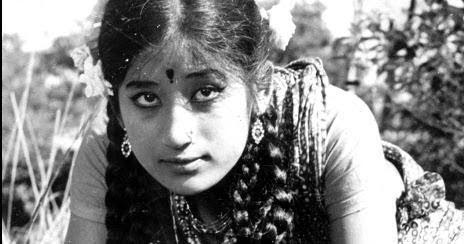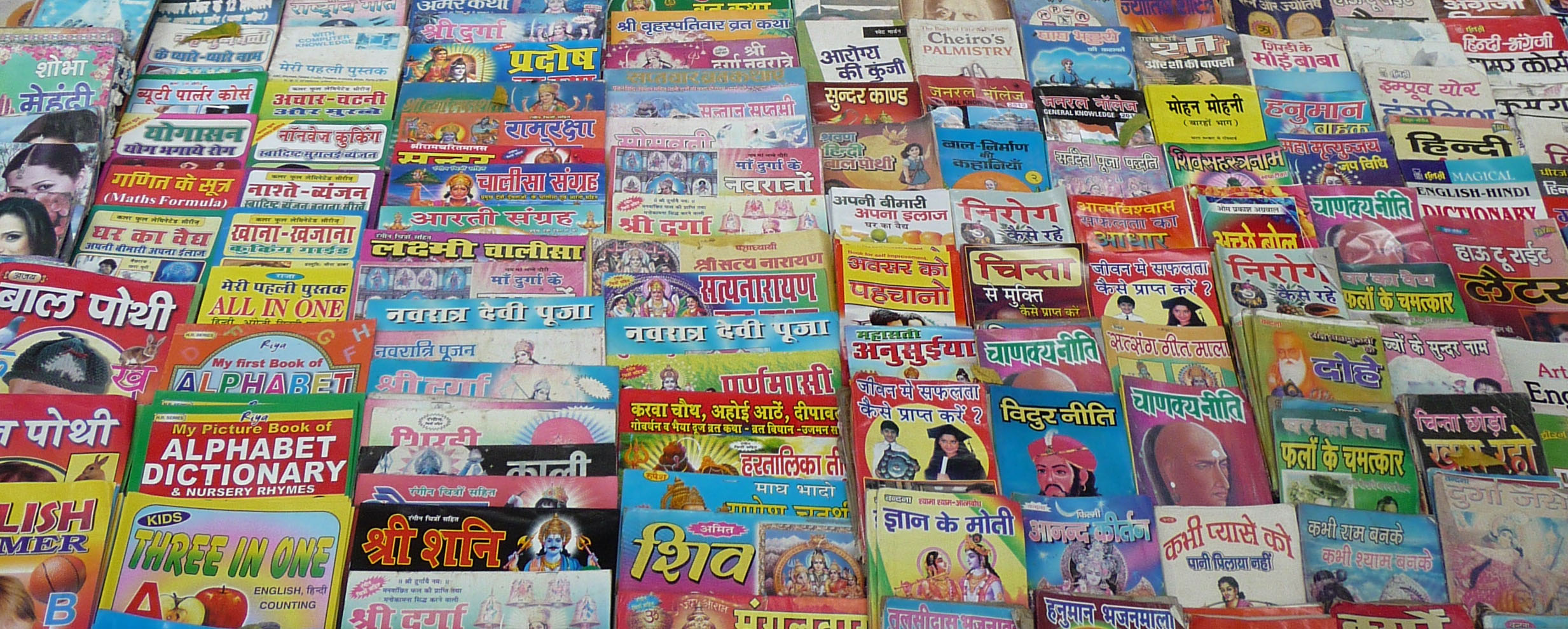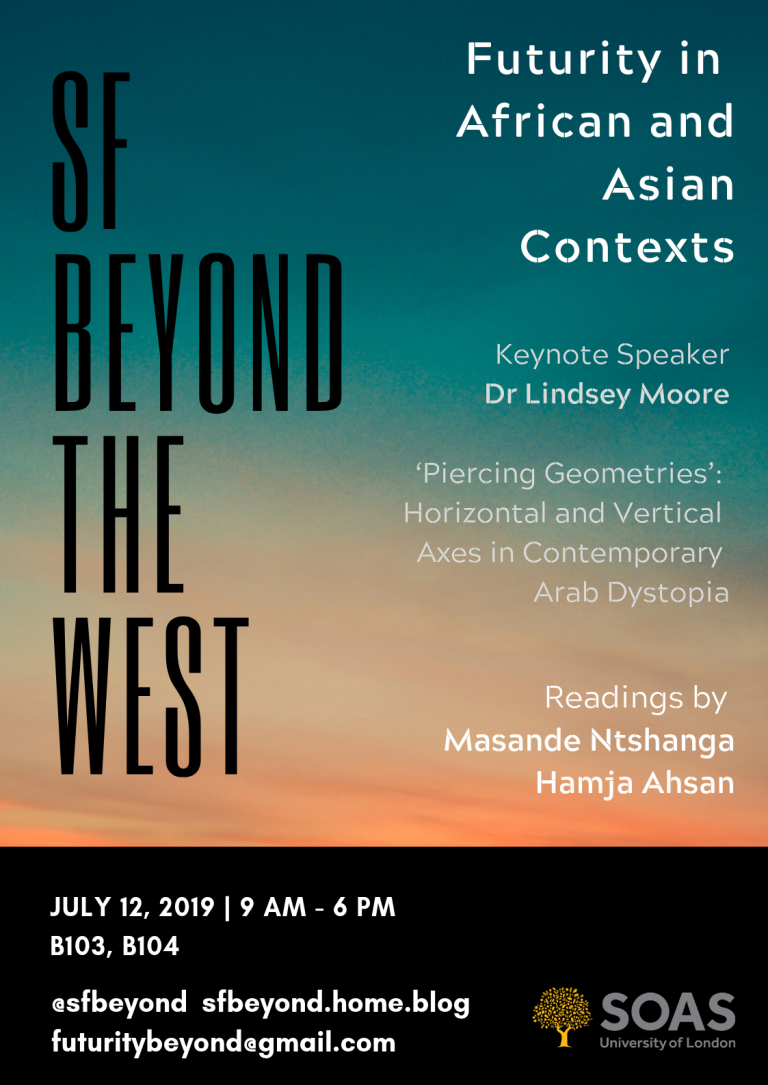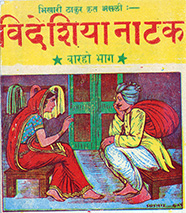Popular and Pulp Fiction
A focus on forms of ‘popular’ or ‘pulp’ fiction draws attention away from the published novel as the preferred model of literary circulation within theorisations of world literature. By examining manifold methods of literary consumption, we are able to create a holistic picture of the reading practices and tastes of local audiences.
The physical form of the chapbook, for example, is common to all of our case study regions and provides an alternative mode for the consumption of both fiction and non-fiction texts, particularly in the earlier periods covered by the project. Genres such as speculative or science fiction, crime fiction, and historical fiction, meanwhile, emphasise the importance of considering literary forms whose appeal is couched in an aesthetics and subject matter that is distinct from that of other, more ‘highbrow’ genres. Literature written for and marketed at specific audiences, too, furnishes fertile ground for analyses that privilege the taste and habits of readers, and highlight instances of the reworking or reshaping of existing narratives; children’s literature and fairytales, for example, emphasise that the didactic potential of literature is not limited to so-called ‘great works’ but can find form in narratives whose readerships are sharply delineated.
The ‘popular,’ here, refers to a broad selection of literary forms, the constitution of which yields rich pickings for comparative case studies between languages, regions, and time periods.
Literary Distance in Southern African Journals: The Case of Charrua
Stefan Helgesson is professor of English at Stockholm University.
Writing Assamese Identity in “Chameli Memsaab”
Sneha's piece "The Writing of Assamese Identity in Nirode Chaudhury’s 'Chameli Memsaab'" was a winner of MULOSIGE's Review and Publish project.
Francesca Orsini on Literary Activism in Cold War India
Professor Francesca Orsini gave this talk on "Literary Activism and Cold War Activism" as part of the Postcolonial Print Cultures reading groups and webinars.
Science Fiction Beyond the West
MULOSIGE attended the conference Science Fiction Beyond the West: Futurity in African and Asian Contexts. Sneha Alexander gives a full summary of the event.
MULOSIGE Reading List: Orature, World Literature and Mobility
Professor Catherine Servan-Schreiber (CNRS Paris) offers a reading list that explores orature and mobility in North Indian popular culture.
MULOSIGE Syllabus: Science, Literature and Development in the MENA Region
This is a course about the relationship between science, literature and development in the MENA region and the role science fiction in world literature.







